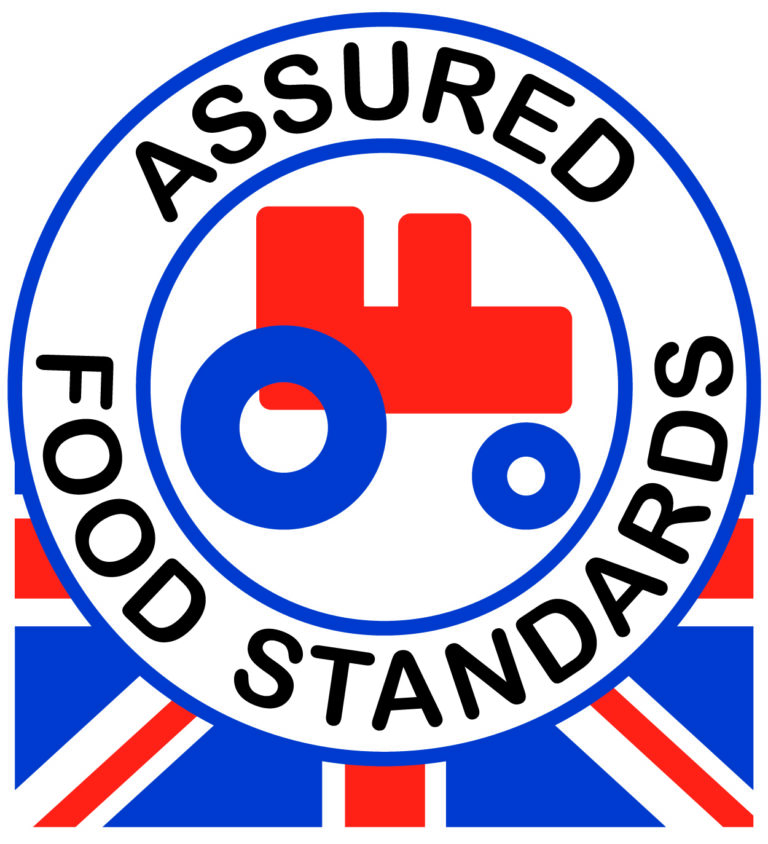The NFU has called for a fresh approach from Red Tractor, following criticism from some producers over its proposed new standards, which would require new checks on worker welfare and new environmental protections.
The scheme is also proposing that across all poultry species, light intensity would be measured for each crop and recorded at bird-eye level to confirm that farms are meeting the standards. Lighting for ducks would be phased on and off over a 30-minute dawn-dusk period and there is a new recommendation for windows in all buildings which house ducks. It is proposed that only slower growing breeds can be used for free range chicken production to ensure that breeds are suitable for the method of production.
The Assurance Scheme plans to introduce revised standards in the autumn. The NFU said it had held talks with producers and had submitted a thorough and detailed response to a consultation on how Red Tractor standards should look.
As part of its response, the NFU has highlighted how in some sectors an imbalance exists between the production standards expected of UK farmers, compared with those required of foreign imports.
NFU Deputy President Stuart Roberts said: “Red Tractor’s standards are the bedrock of UK agriculture and have helped establish our food and farming industry as the benchmark for quality across the world. There is strong support for Red Tractor’s original purpose of assuring the public that food is safe, produced with care to high standards of environmental protection and animal welfare and is fully traceable back to UK farms.
“Continued support for the Red Tractor assurance scheme will be crucial not just at home but, as new trade deals are developed, it will also help to bolster ‘Brand Britain’ as we take British food to new, global markets.
“However, as Red Tractor standards continue to evolve, some of the proposed changes in this consultation have provoked strong feelings within our membership¹, particularly concerning how the proposed changes demonstrate value back to the farm gate. There is a real risk that farmers and growers will not see deliverable benefits from the Red Tractor scheme without properly addressing these concerns.
“That’s why we are calling for a fresh approach. We’ve set out eight key principles that Red Tractor and the six farming sectors should use as a guide when developing standards now and in the future. We believe this will ensure that Red Tractor standards are more meaningful for farmers, increase relevance and integrity within the food supply chain, and importantly, deliver value back to the farm.
“Now more than ever, we need to ensure that all our standards on British food, whether for animal welfare, food safety or environmental protection, meet the needs of both farmers and the public.”
The NFU said the key principles for Red Tractor should be:
- continue to retain trust and support growth in the domestic market for British food.
- provide an assurance platform for growth in the export market for British food and ensure high value exports have robust assurance supporting traceability claims.
- retain its leading position on cost effective assurance and protect members from inspection and regulatory duplication. Any additional costs associated with implementing new standards should be supported with a clear and simple cost benefit analysis or business case.
- be empowered to challenge duplicity within the marketplace and not facilitate the hypocrisy of buyers sourcing policies which undermines domestic standards.
- seek to add value through segmentation and market differentiation where there is a need to deliver different value propositions to different markets, without inflating the core standard and eroding value to scheme members.
- provide marketing choice for buyers. Scheme options, or bolt-ons, could provide competition for cost-effective or a more practicable alternative for brands and scheme members alike.
- provide a viable but discretionary alternative to new or increasing regulatory burdens and it should deliver efficient solutions in areas that are susceptible to regulatory burdens.
- explore the opportunities for inspections to be driven by outcomes and data, and where possible reduce the burden of inspection and add value back to farmers
A spokesperson for Red Tractor said: “Over the past two months we have invited feedback to our consultation from across the whole supply chain. We have received record feedback and will be reviewing all responses in a systemised way. It is not appropriate to pre-empt this process before all responses have been considered,
“As a member of the ownership body for Red Tractor, the NFU knows that the core purpose was, and continues to be, for the scheme to provide vital confidence to shoppers that the food and drink has been responsibly produced and carefully farmed. There is a crucial tension in the development of our standards, to deliver for consumers, retailers and end users, whilst ensuring that they are practical and deliverable on farm for our members. This dynamism is vital to provide the market access and vibrant future for British farming.”


